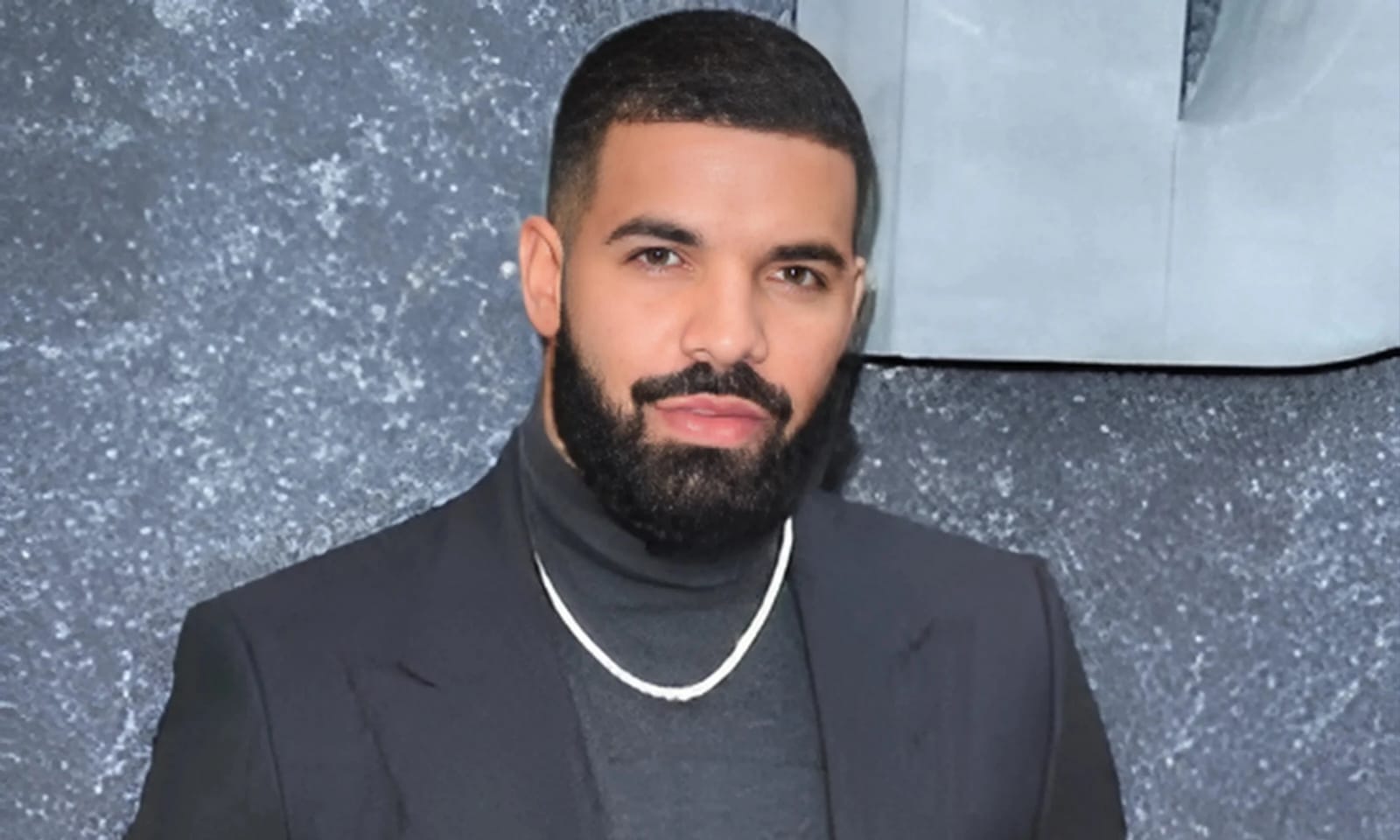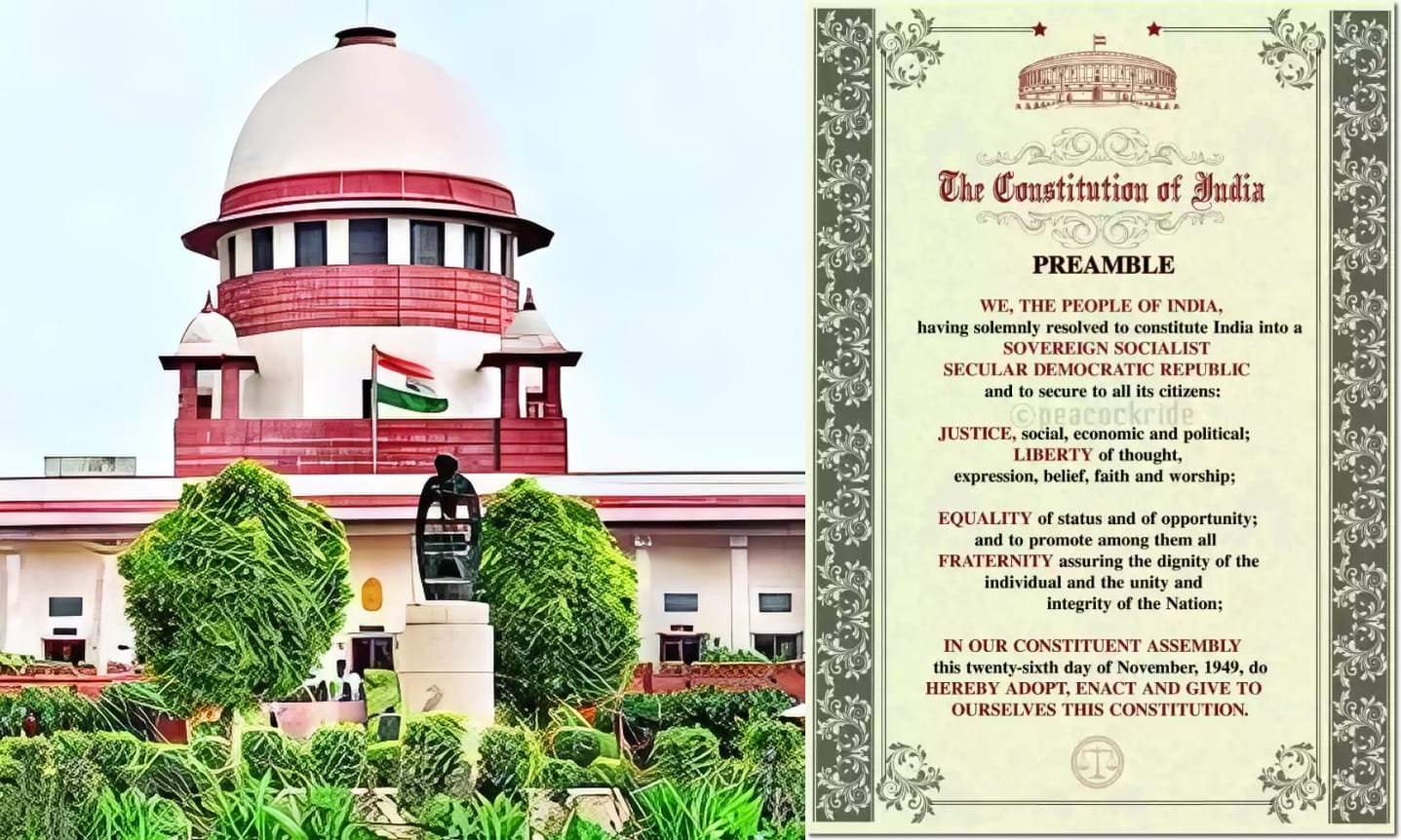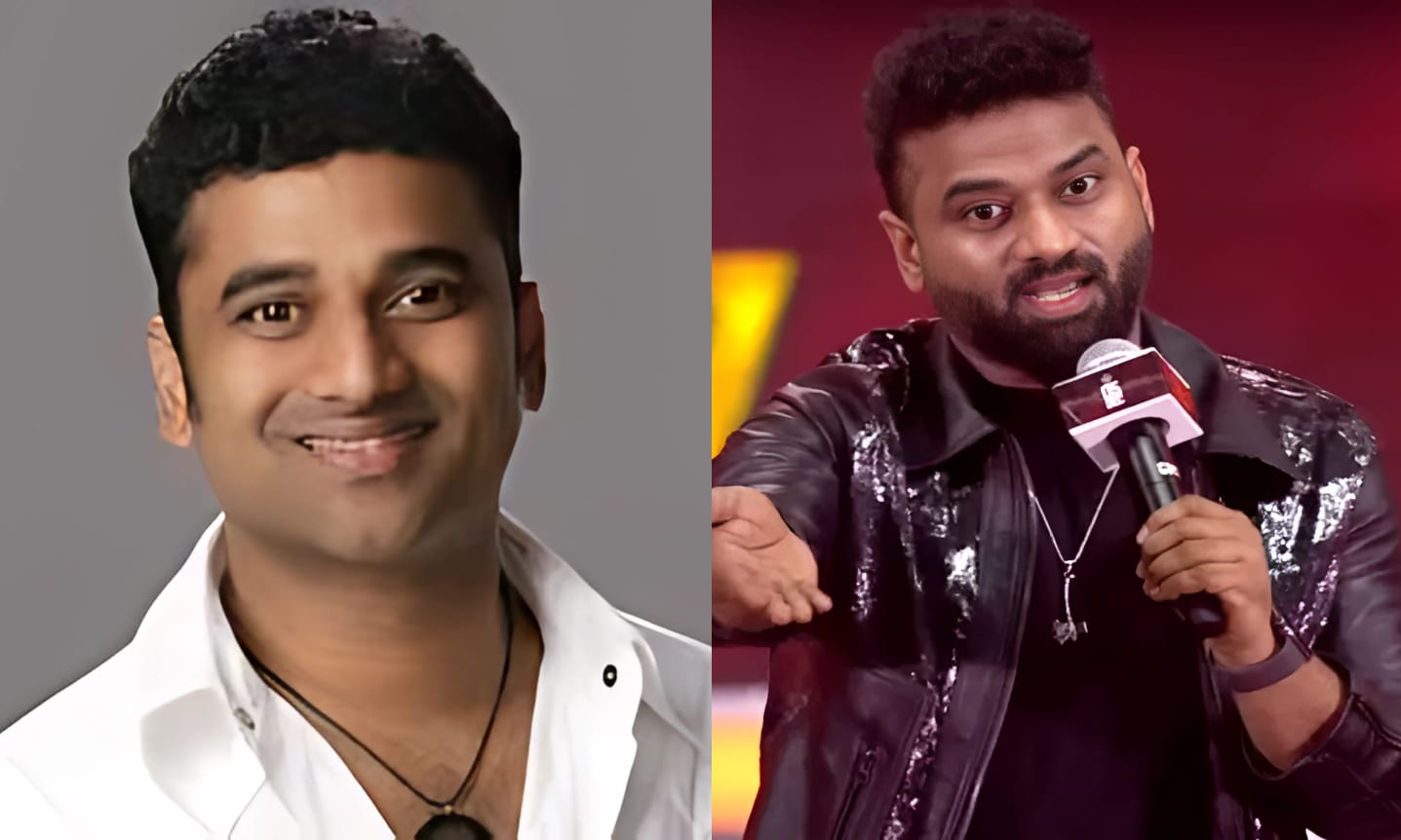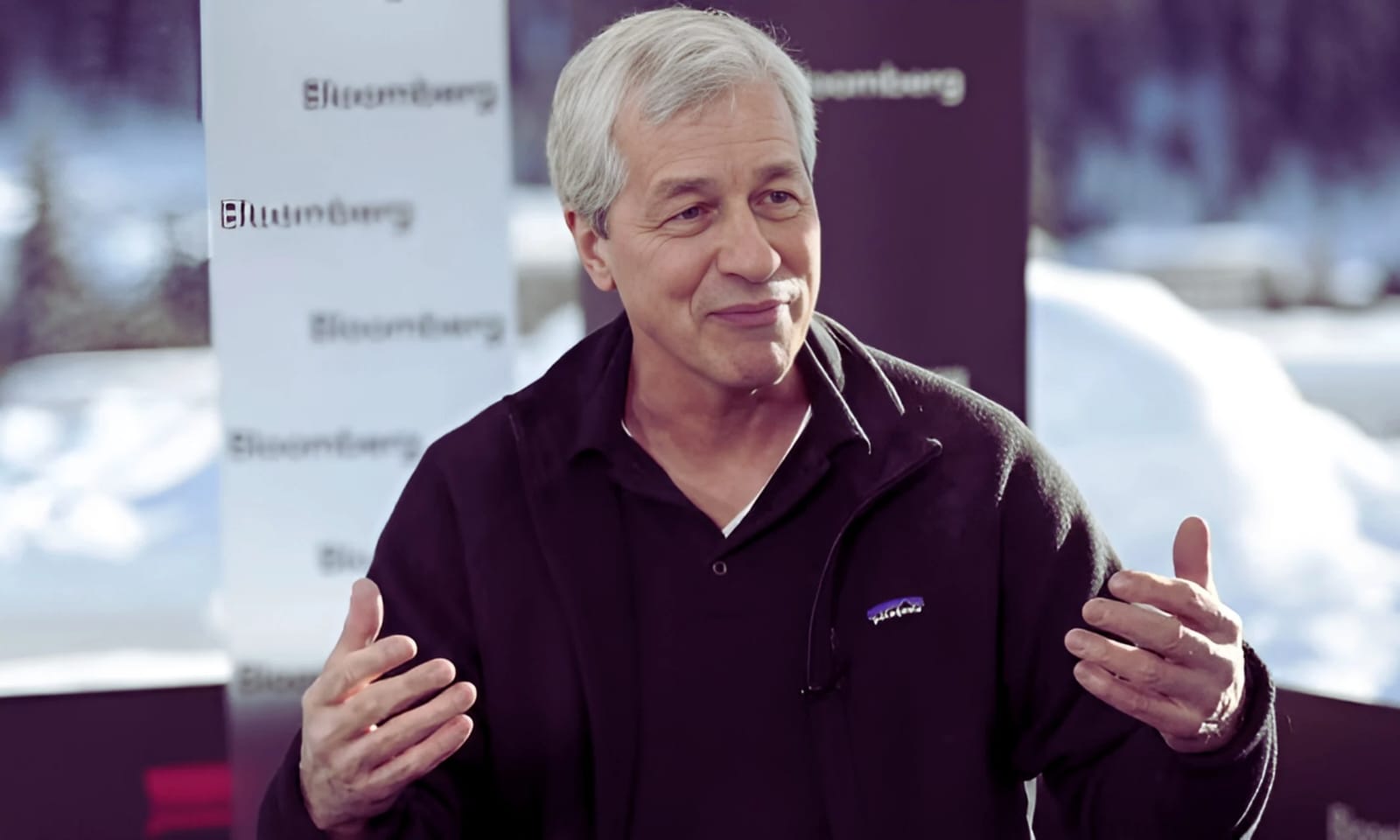Drake Sues UMG and Spotify Over Alleged Scheme to Boost Kendrick Lamar’s Feud-Driven Track

Canadian artist Drake has filed a legal complaint against Universal Music Group (UMG) and Spotify, accusing them of conspiring to artificially amplify the popularity of Kendrick Lamar’s diss track, Not Like Us, while intentionally suppressing his own music.
The lawsuit, filed through Drake’s Frozen Moments LLC, alleges that the companies engaged in unlawful practices such as bot usage, payola, and deceptive promotional tactics.
Allegations of Manipulated Popularity
The lawsuit claims UMG orchestrated a “scheme” to boost the reach of Lamar’s track, which directly targets Drake amidst their ongoing feud.
Drake’s attorneys argue that UMG manipulated streaming platforms and airwaves to elevate Not Like Us beyond its organic reach. “UMG did not rely on chance, or even ordinary business practices,” the filing states. “It instead launched a campaign to manipulate and saturate the streaming services and airwaves.”
Drake’s legal team accuses UMG of violating the Racketeer Influenced and Corrupt Organizations Act (RICO) and state laws on deceptive business practices and false advertising.
Additionally, the petition highlights alleged methods used to inflate the track’s popularity, including hiring bots, paying influencers, and lowering Spotify’s licensing fees to promote Lamar’s song to users searching for unrelated music.
Claims of Siri Manipulation
A striking allegation in the petition involves UMG reportedly paying Apple to manipulate Siri’s recommendations. According to Drake’s lawyers, Siri would redirect users asking for Drake’s album Certified Lover Boy to play Lamar’s Not Like Us instead.
This track contains the controversial lyric “certified pedophile,” a direct insult aimed at Drake.
Apple is not named as a respondent in the lawsuit and has not been accused of any legal wrongdoing. A spokesperson for Apple declined to comment.
Industry Dynamics and Internal Incentives
Drake’s attorneys suggest that UMG’s actions were partly driven by internal corporate incentives, particularly within Interscope—a division of UMG.
The petition states that Interscope executives benefit financially from the success of their own division, incentivizing them to maximize profits through Lamar’s music. “UMG’s schemes were motivated, at least in part, by the desire of executives at Interscope to maximize their own profits,” the filing claims.
The Response from UMG and Spotify
UMG has denied the allegations, calling them baseless. “The suggestion that UMG would do anything to undermine any of its artists is offensive and untrue. We employ the highest ethical practices in our marketing and promotional campaigns,” a UMG spokesperson stated.
“No amount of contrived and absurd legal arguments in this pre-action submission can mask the fact that fans choose the music they want to hear.”
Spotify has declined to comment on the matter.
Pre-Action Petition
Drake’s current filing is a pre-action petition, a legal measure under New York law that allows parties to secure information before launching a formal lawsuit.
While it does not constitute a lawsuit, the petition requests that UMG and Spotify preserve relevant documents and data for potential litigation.
Feud Spills Over to Business Litigation
The legal dispute marks an extraordinary extension of the rivalry between Drake and Lamar, who have exchanged diss tracks over the past year. Both artists have spent their careers under the UMG umbrella, with Drake signed to Republic Records and Lamar affiliated with Interscope through TDE and pgLang.
Drake’s attorneys argue that UMG’s promotion of Not Like Us resulted in record-breaking metrics, including 900 million streams on Spotify—making it the platform’s most-streamed diss track.
The song also set new records for single-day streams for a hip-hop track (12.8 million) and weekly streams by a rapper (81.2 million). These milestones reportedly boosted streams of Lamar’s back catalog, further enriching UMG.
Attempts at Resolution
The filing claims Drake sought to address the issue with UMG before resorting to legal action. However, UMG allegedly refused to take responsibility and deflected blame onto Lamar.
The label reportedly suggested that Drake sue Lamar instead and threatened to file its own lawsuit against the rapper if Drake pursued legal action.








